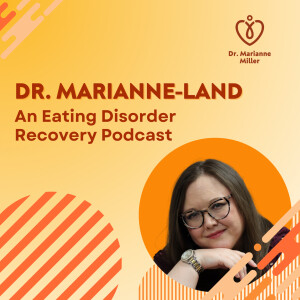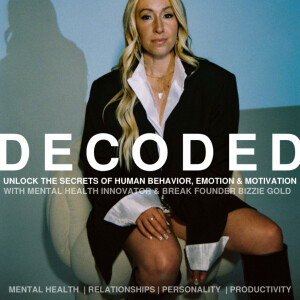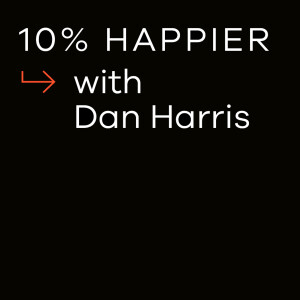

Pregnancy & Postpartum Eating Disorders: Body Image, Weight Stigma, & Recovery With Dr. Courtney Crisp @drcourtneycrisp
Licensed clinical psychologist Dr. Courtney Crisp (@drcourtneycrisp) joins Dr. Marianne to talk about eating disorders during pregnancy and postpartum. We discuss how body changes, medical weight stigma, breastfeeding pressure, and sensory sensitivities can trigger old patterns or spark new struggles. Dr. Courtney shares insights from her work with athletes and perinatal clients, along with lived experience of pregnancy nausea, food aversions, and postpartum adjustment. We also explore how neurodiversity, ADHD, and autistic sensory needs shape care, and why weight-inclusive, consent-based support matters for parents.
What You’ll Learn-
How pregnancy, medical monitoring, and rapid body changes can activate perfectionism, control seeking, and body dissatisfaction
-
The effects of weight stigma in prenatal and postpartum care, and what weight-inclusive providers do differently
-
Why severe nausea and food aversions can persist after birth, and how to support flexible, adequate nourishment
-
Breastfeeding, pumping, and formula choices through a nonjudgmental, mental health first lens
-
Sensory overload in pregnancy and the fourth trimester, including smell sensitivity and tactile overwhelm
-
Athletes, performance culture, and disordered eating patterns that can resurface in the perinatal period
-
How to protect recovery when social media pushes “bounce back” messages
-
Building a trusted, affirming care team that honors intersectionality and neurodiversity
-
Your body will change during pregnancy and after birth, and that reality deserves compassion, not comparison.
-
Weight-inclusive prenatal and postpartum care improves outcomes by removing shame and centering consent.
-
Feeding decisions work best when they support the caregiver’s mental health and the baby’s needs, not a rigid ideal.
-
Sensory supports reduce distress. Use smell blockers, quieter environments, comfortable fabrics, and predictable routines.
-
Curate your feeds. Unfollow “get your body back” influencers and follow licensed, values-aligned clinicians.
-
Recovery helps you show up for your baby and for yourself. Nourishment and rest are part of caring for your family.
-
00:00 Meet Dr. Courtney Crisp and her background in athletics and psychology
-
06:40 Why sports culture can model both body awareness and perfectionism
-
10:45 Pregnancy triggers, medical encounters, and weight stigma
-
14:40 Severe nausea, limited safe foods, and lingering food aversions
-
18:55 Postpartum body image, grief, and the pressure to snap back
-
21:40 Breastfeeding, pumping, formula, and mental health first choices
-
24:30 Sensory sensitivities in pregnancy and postpartum
-
26:45 Building a trusted, affirming care team for your unique family
-
28:20 Neurodiversity, ADHD, and autistic masking in assessment and care
-
29:30 Where to find Dr. Crisp online
-
Guest site: drcourtneycrisp.com
-
Instagram: @drcourtneycrisp
-
Substack: The Pop Culture Psychologist at drcourtneycrisp.substack.com
Create a simple postpartum nourishment plan with two or three easy options per meal, low lift snacks you tolerate, and a backup shelf-stable choice. Add sensory aids you find regulating. Ask your care team to avoid blind weighing and to discuss numbers only with consent. Invite a partner or friend to support meals, hydration, and rest.
Work With Dr. MarianneIf you want weight-inclusive, neurodivergent-affirming therapy for eating disorders, OCD, and body image concerns in California, Texas, or Washington, D.C., learn more and connect through my website. I also offer specialized support for ARFID, binge-type patterns, and long-term recovery.
Suggested Episodes To Queue Next- Eating Disorders & Athletes: The Pressure to Perform on Apple & Spotify.
- Pregnancy, Postpartum, & Eating Disorder Recovery with Jaren Soloff, RD on Apple & Spotify.
- Overexercising, ADHD, and Eating Disorders with @askjenup Jenny Tomei on Apple & Spotify.
More Episodes
All Episodes>>You may also like
Create Your Podcast In Minutes
- Full-featured podcast site
- Unlimited storage and bandwidth
- Comprehensive podcast stats
- Distribute to Apple Podcasts, Spotify, and more
- Make money with your podcast












